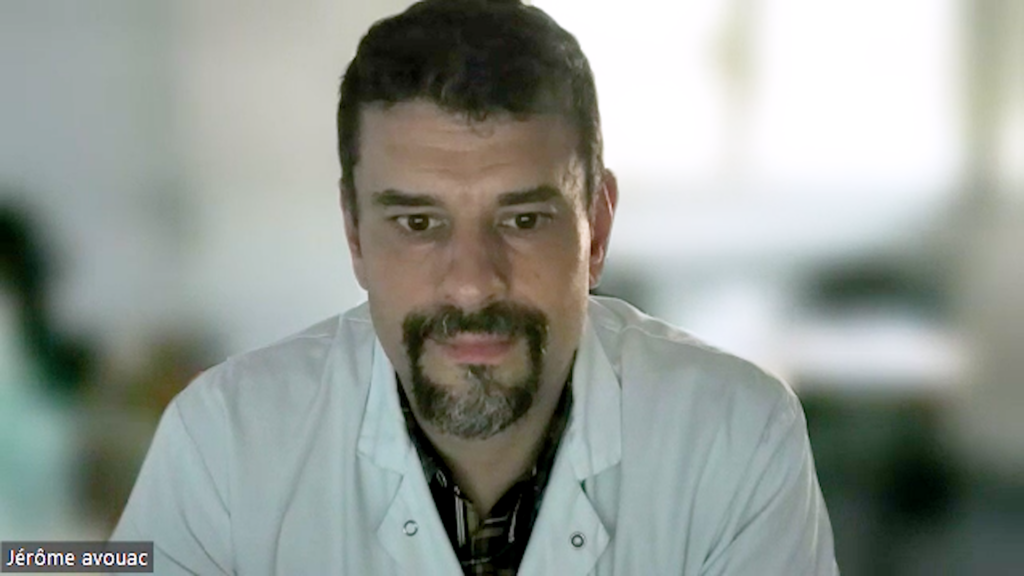It was a pleasure to discuss with Prof. Gilles Boire (Université de Sherbrooke, Québec, Canada) the recent pilot study in which a Mindfulness-Based Stress Reduction (MBSR) program was offered to patients with controlled rheumatoid arthritis but elevated negative PROs.
This information is brought to you by Touch Medical Media and is not sponsored by, nor a part of, the American College of Rheumatology.
The abstract entitled ‘Mindfulness-Based Stress Reduction (MBSR) to Improve Patient-Related Outcomes (PROs) in Patients with Rheumatoid Arthritis in Clinical Remission but Elevated Negative PROs: A Pragmatic Pilot Study’ (Abstract number: 1224) was presented at the ACR Convergence, 5-9 November 2021.
Questions
- Could you give us a brief overview of the negative patient-reported outcomes (PROs) that are associated with living with controlled rheumatoid arthritis (RA)? (0:13)
- What are the unmet needs in managing negative PROs? (1:00)
- What is involved in the Mindfulness-Based Stress Reduction (MBSR) program? (1:40)
- What were the aims, methodology and inclusion criteria of your study investigating MBSR in patients with RA? (2:44)
- What were the outcome measures and findings from this study? (4:09)
- What were the recommendations of the investigators in terms of offering MBSR in the future? (5:35)
Disclosures: Prof. Gilles Boire has acted as a Principal Investigator for Merck Canada and Pfizer Canada; received financial support for investigator-initiated projects from Biobank and Biologic Registry, Lilly Canada, BMS Canada, Pfizer, Sandoz Canada and UCB Canada; received support for a local initiative to identify and take care of comorbidities from Merck Canada, Novartis Canada, Roche Canada; been a member of advisory committees for Abbvie Canada, Amgen Canada, BMS Canada, Celgene, GileadSciences, Janssen Canada, Lilly Canada, Merck Canada, Mylan Canada, Novartis Canada, Pfizer Canada, Roche Canada, Samsung Bioepis, Sanofi Canada and Teva, and has received honoraria from Abbvie Canada, BMS Canada, Lilly Canada, Janssen Canada, Merck Canada, Pfizer Canada, Viatris and the Academy for Continued Improvement in Healthcare Education.
Support: Interview and filming supported by Touch Medical Media Ltd. Interview conducted by Gina Furnival.
Filmed in coverage of virtual ACR Convergence 2021.












